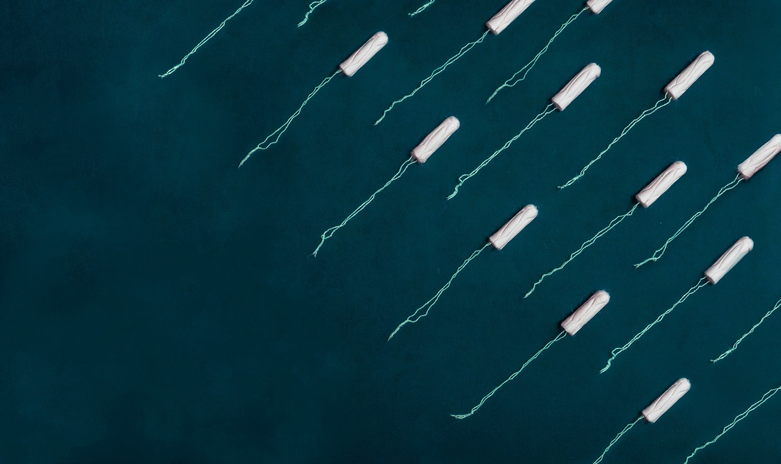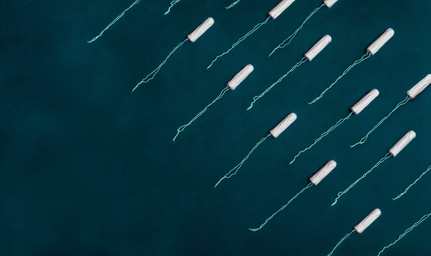UNICEF has called the Gaza Strip “the most dangerous place in the world to be a child”. As of early February 2024, a reported over 27,000 Palestinians have died & nearly 70,000 injured, according to the United Nations. An estimated 17,000 children in Gaza are unaccompanied or separated from their parents, & 135,000 children under the age of 2 are facing the risk of malnutrition, according to UNICEF. Since October 7th, women, children, & newborns have borne the brunt of the Israel-Gaza conflict.
Taking a closer look at the women, there are an estimated 50,000 pregnant women in Gaza & 180 are giving birth everyday. However, due to damaged or non-functioning health facilities, mass displacement, lack of access to water & electricity, maternal & child services are unable to provide for those in need. According to UNICEF Communication Specialist Tess Ingram, “Mothers face unimaginable challenges in accessing adequate medical care, nutrition, and protection before, during and after giving birth.” She goes on to say that “struggling with overcrowded conditions and limited resources, staff are forced to discharge mothers within three hours of a cesarean.” Staff sometimes have had to turn away women in labor, & families have even had to deliver babies at home using kitchen tools, in tents or in public bathrooms, as per The Wall Street Journal.
The consequences of this have been egregious. Health care workers have reported a 300% increase in miscarriage rates among pregnant people since Israel’s attacks began. Women are also at an increased risk for infections & medical complications, such as miscarriages, stillbirths, preterm labor, maternal mortality and emotional trauma. Newborn babies are also facing higher rates of undernutrition, developmental issues and other health complications.
Another challenge poses itself to women in Gaza– access to menstrual products. Pad availability has diminished, & in the rare cases in which they are available, they are 5-6x times their normal price, according to a report by NPR. The United Nations estimates that 700,000 people in Gaza, while experiencing menstrual cycles, have inadequate access to basic hygiene products. This includes pads, toilet paper, toilets, & running water. Additionally, there have been reports of two-hour long lines to the bathrooms in shelters. With a lack of options, many have resorted to taking pills that prevent periods. For those who don’t have access to these pills, others have used old clothes, towels, & ripped off pieces of their tents to use as makeshift pads.
According to the Korean Journal of Family Medicine, Period Poverty describes the lack of access to safe and hygienic menstrual products, as well as lack of access to basic sanitation services or facilities. This issue impacts women globally, & has been exacerbated by war.
Now what is to be done about this? Here is what the U.N. and UNICEF has said: The United Nations urges parties to allow for humanitarian aid, avoid collective punishment, & release hostages. UNICEF calls for an immediate ceasefire, safe & unrestricted humanitarian access to & within the Gaza Strip, immediate & safe release of all abducted kids, respect & protection of civilian infrastructure, including schools, water, & electric, & access to critical health services in Gaza.
Want to help? Check out the following resources:


